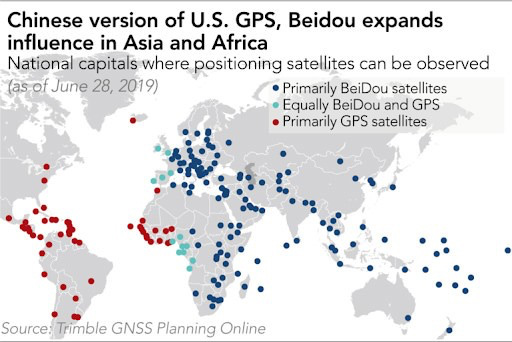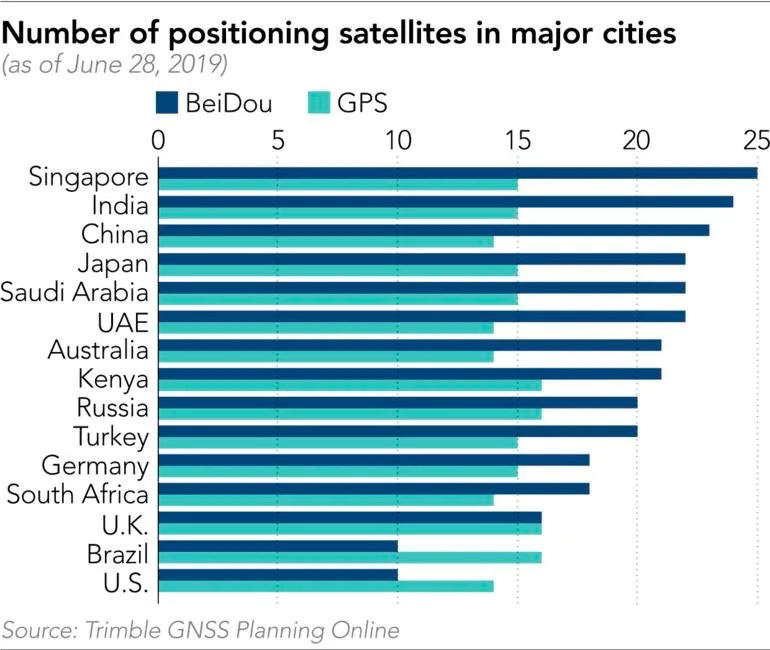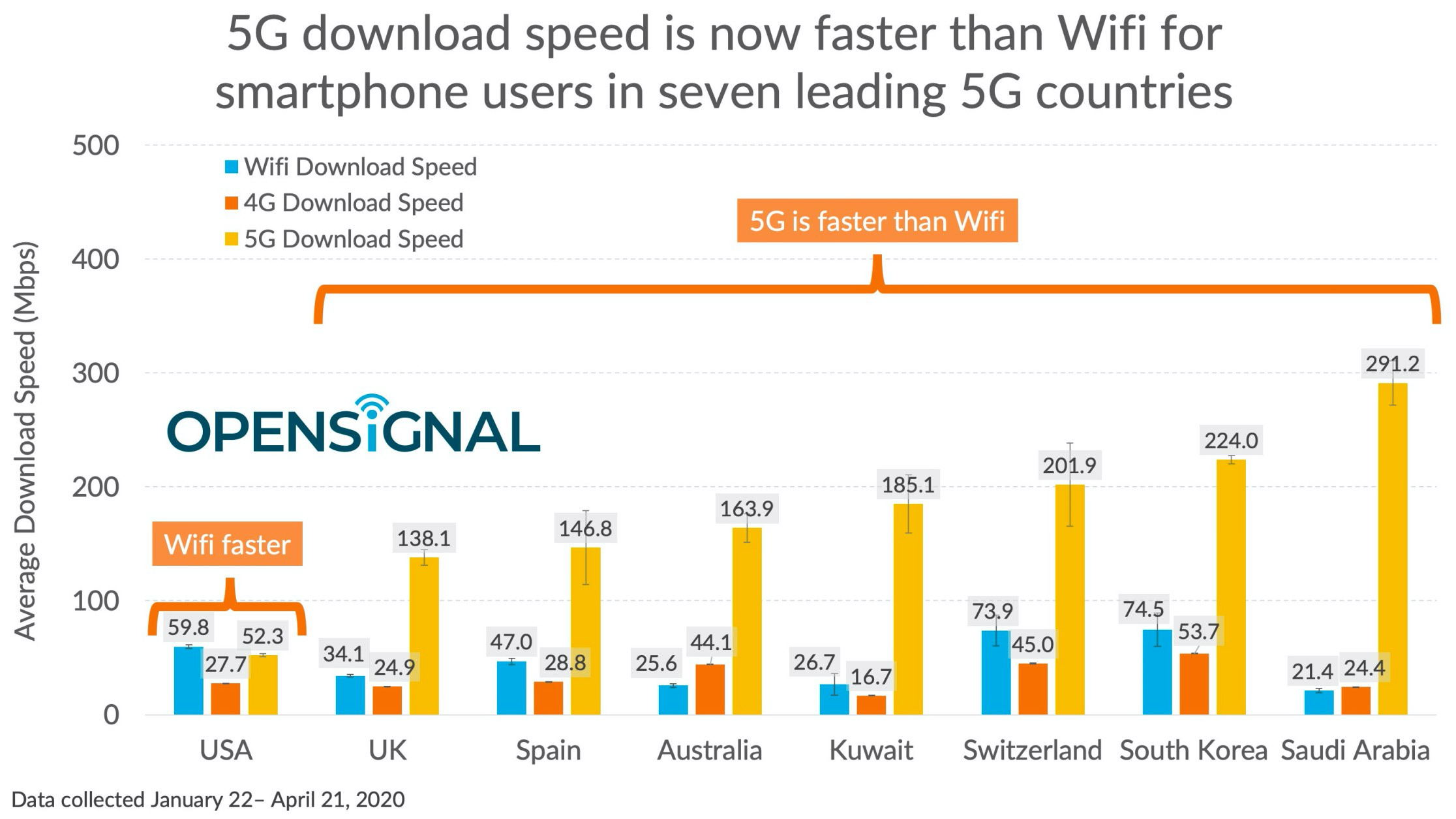“Unless you have been hiding under a rock, everyone knows the U.S.-China trade war has been escalating as the world economy struggles to survive through a Coronavirus pandemic. One of the pivotal contention points of the escalating trade tensions is the Chinese company Huawei. What is Huawei all about, and why does America fret over Huawei? The real underlying reason may not be what you think or what is widely publicised.”
(Hint: No, it is not because they make nice mobile phones.)
The actions of the U.S. in recent years depict their worries and concerns over the competing mobile phone giants positioning. Huawei has increased its market share, and in the fourth quarter of 2019, Huawei’s market share in the smartphone market was at 15.2%. It has considerably increased its global standing and data collection reservoirs too. Moreover, the lack of transparency over governance and security issues linked to data collection is in question. America deems the 5G networks of Huawei to be a national security risk at multiple levels. The U.S. has been persuading its allies to rethink their infrastructure road maps that depend on foreign telecommunication networks like Huawei.
The possibility of any national security risk is a threat America is not willing to allow, and the U.S. has indicated that if its sub-connected networks are exposed, via its allied partners, that it will decouple from countries who have Huawei network exposure. Many western countries have raised eyebrows over the planned usage of data collected by Huawei as the CCP (Communist Party of China) is in direct control of all mainland Chinese companies.
The unclear intentions of Huawei have seen the British prime minister, Boris Johnson renege on his deal with the Chinese network, and China has threatened to retaliate. The U.K. has drawn up plans to reduce the Chinese company’s involvement to zero by 2023. However, the infrastructure risks Huawei poses by launching its 5G network around the world are only half the story.
The missing piece of the puzzle is BeiDou – China’s own Navigation Satellite System. The combination of Huawei’s 5G and BeiDou satellites is what many are referring to as China 4.0.
The emergence and completion of BeiDou Navigation Satellite System have global implications and is so significant because prior to this satellite systems launch, America enjoyed a monopoly on its GPS (Global Positioning System) since the early ’70s. The importance and growing reliance on GPS spans through all industries going as far as the military. The now-famous unforgettable humiliation that the People’s Liberation Army suffered during the Taiwan Straight Missile Crisis in 1996, eventually sparked the development of American’s GPS alternative, BeiDou. Beidou and Huawei’s 5G are tightly coupled, and its uses are far-reaching. Should China’s dominance go according to plan, it will have ultimate control over data around the world. This is the underlying reason why America opposes Huawei so strongly. However, is it a little too late?
(Source: Trimble GNSS Planning Online)
(Source: Trimble GNSS Planning Online)
The progression on the extradition of Huawei’s executive Meng Wanzhou is a blatant attempt at gaining leverage on Huawei and halting its global initiatives, amongst its many other trade sanctions. Even a $100 Billion bilateral trade value between China and Canada does not seem to be influential enough in China’s efforts to bring Meng Wanzhou back to the mainland safely.
Meanwhile, domestically in Mainland China, all transportation systems will utilise BeiDou in favour of GPS by 2021. Huawei handsets will have the ability to use both GPS and BeiDou, though GPS will be slowly be phased out in favour of BeiDou. This incredible technological feat by China will also play into perfect alignment with its BRI (Belt and Road Initiative) which it can enforce throughout its most important trade partners, some of which are allies close to the U.S.
Contrasting the positive advancements of Mainland China, one would question whether America has already lost the battle in the 5G race and the Navigation Satellite System space. The data in the chart above and the chart below indeed suggests that America is no longer a standout leader in certain critical technological advancements.
(Source: OpenSignal)
The flow of data will indirectly impact businesses. How will the data that flows through Chinese infrastructure affect us? Will privacy, data security and location be compromised? How does this play out for organisations that have particular concerns over sensitive data? Each one of us will equally be affected in our personal lives by these mammoth technological advancements.
With big brother switched on 24/7, will our location data and transmitting data allow for targeted attacks? Our handsets will become a blessing and a curse if our personal data falls into the wrong hands. What are the long term implications of large-scale surveillance? Were we safe from prying eyes in the first place with the extensive reliance on GPS? One thing we can all say with certainty; is the People’s Liberation Army will not allow the 1996 Missile Crisis blunder to be repeated.






